Photo credits: The Chicago Sun-Times
Born on March 23, 1953, in Chicago, Illinois, singer Chaka Khan (pictured) achieved great success as part of the soul-funk band, Rufus, delivering hits like “Tell Me Something Good,” “Sweet Thing,” and “Hollywood.”
Khan (born Yvette Marie Stevens) embarked on a solo career in the late ’70s and made waves on the charts again. With tunes like “I’m Every Woman,” “I Feel for You,” “This Is My Night,” and “Through the Fire,” she set herself apart very early on. A phenomenal vocalist, Khan has won numerous Grammy Awards. Known for her powerful voice, her great volume of curly hair, and her charismatic stage presence, Khan first exploded onto the music scene in the 1970s.
She formed her first group, The Crystalettes, with her sister Yvonne when she was only 11-years-old. Some of Khan’s early musical heroines were Billie Holiday and Gladys Knight. Khan and her sister later became involved in the Afro-Arts Theater and started another musical group known as the Shades of Black. In 1969, Khan became active in the Black Power Movement and joined the Black Panther Party.
Khan helped coordinate the organization’s free breakfast program for children. Around this time, she took on a new name: Chaka Adunne Aduffe Yemoja Hodarhi Karifi. She also said goodbye to her formal education and dropped out of high school.
While she recorded with Rufus until the early 1980s, Khan debuted as a solo artist in the late 1970s. In 1978, she released Chaka, which featured the No. 1 R&B hit and empowerment anthem “I’m Every Woman,” which was written by Nicholas Ashford and Valerie Simpson. Khan’s second solo album, 1980’s Naughty, offered the popular singles “Clouds (also penned by Ashford and Simpson)” and “Papillon (aka Hot Butterfly).”
In a twist of synchronicity, Khan won two Grammy Awards as a solo artist and one as a member of Rufus in 1983 (Biography, 2014).
The next year, however, Chaka Khan reigned supreme as a solo act. Covering a Prince song, she made major moves on the charts with “I Feel for You,” a top-five album/single Billboard smash. The song featured one of the most famous rap cameos of all time (by the legendary Melle Mel) This absolutely infectious track incorporated elements of rap, R&B, and electronic dance music. It also won Khan another Grammy Award in 1984.
Other hits from the I Feel for You album include “This Is My Night” and “Through the Fire.”
During the 1980s and early ’90s, Khan established herself as a steady presence on the R&B charts with Top 20 hits like “What Cha’ Gonna Do for Me,” “Got to Be There,” “(Krush Groove) “Can’t Stop the Street,” “It’s My Party,” “Love You All My Lifetime,” and “You Can Make the Story Right.”
Though the popularity of Khan’s albums eventually declined with shifting musical trends, she still put forth critically acclaimed music. She won another Grammy in 1990 for her duet with the legendary Ray Charles on “I’ll Be Good to You,” from Quincy Jones’ 1989 Back on the Block album, and another one in 1992 for The Woman I Am.
Khan also became known for her contributions to the soundtracks for the films Clockers and Waiting to Exhale, both from 1995. Later in the decade, she released the well-received Prince-produced set Come 2 My House (1998). In 2002, Chaka Khan scored her eighth Grammy Award—this time for her cover of Marvin Gaye’s “What’s Going On” with the Funk Brothers, a pioneering band that shaped the entire music industry’s sound.
Experimenting again with different musical styles, Khan released an album of standards with the London Symphony Orchestra, entitled ClassiKhan, in 2004. Making her first original recording in years, Khan returned to the studio to create Funk This (2007), a diverse mix of songs and guest appearances.
The ballad “Angel” came from a poem she wrote years earlier. Another single called”Disrespectful” paired Khan with one of her musical protégées, Mary J. Blige. And on the cover of “You Belong to Me,” she sang with Michael McDonald, a former member of the Doobie Brothers. She also included a few more remakes on the album, including tracks by Prince, Jimi Hendrix, and Joni Mitchell.
Khan returned to the radio waves in 2016 with the single “I Love Myself.” Portions of the song’s sales went to the domestic abuse organizations Face Forward and STOMP Out Bullying. She also sang with two of her siblings on that year’s dance track “House of Love,” by FOMO. In 2018, Khan released “Like Sugar,” which became the first single from her 2019 album titled Hello Happiness.
While living in London in the 1990s, Khan branched out into acting, appearing as Sister Carrie in the musical Mama, I Want to Sing.
In 2003, she shared her life story with the world in her autobiography, Chaka! Through the Fire. In it, she detailed her career as well as her years of substance abuse. Chaka described the loneliness she felt while touring. She was often away from her two children, which only compounded her sadness and guilt.
“I think a big part of my drug thing was escaping from those feelings,” Khan told JET Magazine in an interview years ago.
She also revealed that she had a history of bad luck when it came to relationships. In 2008, Chaka Khan made her Broadway debut and appeared as the character Sofia in the musical The Color Purple, based on the book by Alice Walker (Biography, 2014).
References: Biography.com, Editors. (2014, April 02) Chaka Khan Biography: Songwriter, Singer (1953–). Retrieved from https://www.biography.com/musician/chaka-khan
*BlackThen.com writer/historian Victor Trammell edited and contributed to this report.

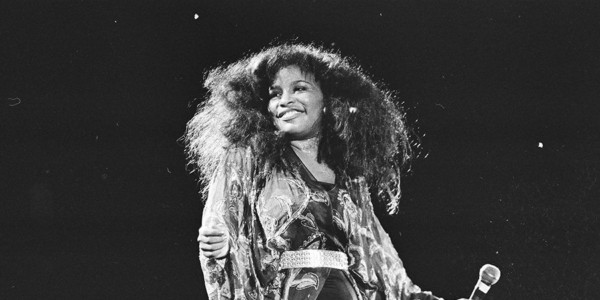



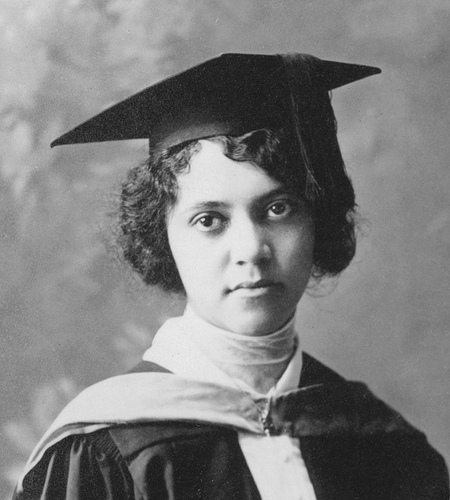
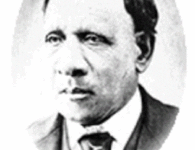
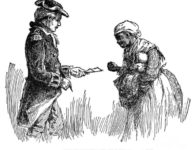
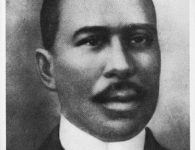

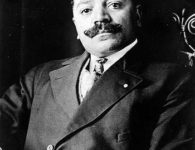
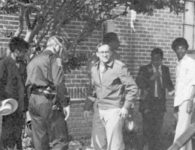

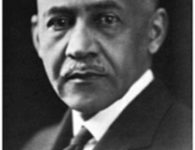
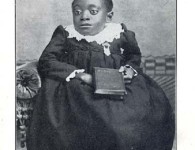
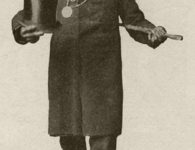

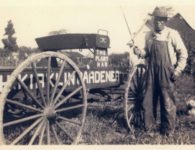
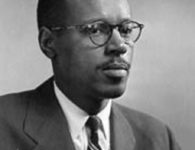
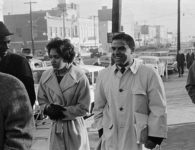

No comments